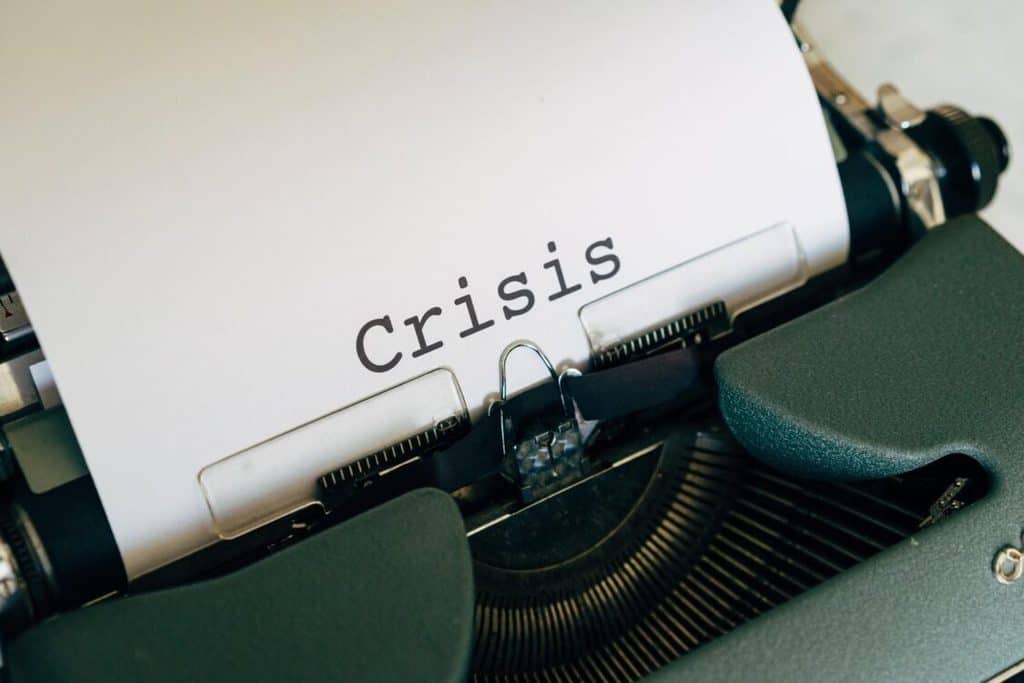
These days, the spectrum of crises are varied and diverse, and yet, every one of them can become media crises and even go “viral” because of smartphones and social media, amplifying these crises even more. We need to keep our eyes open to all possibilities of crises and how best to reduce and mitigate them, while retaining a truthful narrative through the media that can hopefully bring us back to smoother waters down the road.
Gone flying?
Through the pandemic, aviation was one of the hardest hit industries, practically decimated and many pilots and crew left the industry to hunt for other pastures. And yet, when global regulators pulled back the control measures and aviation crept back, it would appear the industry was not quite as resilient and responsive as before, with many crises from strikes to customer service disasters.
As a pioneer service quality consultant and author (Service Quality: The enlightened approach, ISBN 9810064578), one of the major contributors to service lapses is not just people, but procedures and systems.
It is easy to provide excellent service if you are doing a “cookie cutter” service from the menu, since there is no variation or deviation, and service providers are well rehearsed to provide the service as it is.
However, what if customers demand something radically different from the menu? Can your service providers still deliver excellent service? For example, how accessible is your service to the differently abled? Would you bend your self-made rules for the differently abled so that they can enjoy the best customer experience (CX) they hope for, or would your service providers stick to the self-made rules and cause what may become media crises?
Cybersecurity hacks and leaks
Cybersecurity breaches and data leaks are also trending in the media, although the tide may eventually change. Almost every industry, including “big tech” businesses, have had brushes with these crises before. Although emerging and smaller businesses may face breaches and leaks too, they may not make it into the mainstream media. Still, it is important to be prepared to face the public and the media with preparation, rather than hope for obscurity as a shield.
It is already the 21st century, and since we are practically connected anywhere 24/7, there is simply no excuse not to have a holistic 360 cybersecurity and application security stance in running a business, whichever industry you are in. The often said “no publicity is bad publicity” is not true, especially in the age of data privacy laws and lawsuits, where the viability of a business can be seriously hurt by breaches and data leaks. It would be wise not to tempt the crisis management fence, but rather, improve our overall cybersecurity defense.
Internal and external communication
How well do you communicate with your customers? Beyond the right language and empathy, is your system able to cater to every type of customer, who may or may not be on email, messaging on the Web? Do you have means to reach out to all customers fairly so that flight delays and other problems will not affect their itinerary and expectations?
And, beyond paying customers, how well do you communicate with other stakeholders, such as regulators, suppliers, partners, and even your internal stakeholders? While paying customers are important, the weakest link in excellent customer service is often not the frontline, but the backend and the internal people managing that. Do you tweak systems and procedures so that all internal and external stakeholders can work well together to serve paying customers well?
When we think of crisis management, it is important to remember that it is not just about communication, but especially the management of the crisis. We need to have a current and updated crisis management system of people, protocols, and procedures, and make sure every internal stakeholder responsible for crisis management is informed, as well as related external stakeholders such as PR agencies, so that the communication is coherent with the mitigation.
A crisis should never be thought of lightly. A crisis can take the form we least imagine, unless we are prepared to examine all areas of our business for all possible risks. We should never only manage a crisis when it hits. Be prepared.

